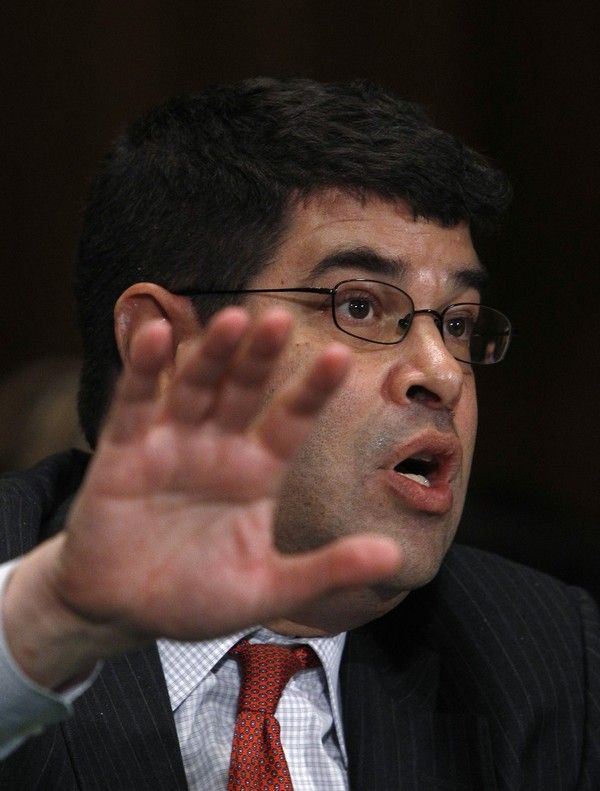Too big to Fail era over: Treasury Dept.

The too big to fail era is over and American taxpayers will never be asked to bear the costs of a financial firm's failure, said U.S. Treasury deputy secretary Neal Wolin in a speech at the London Stock Exchange.
He said the Dodd-Frank financial reform bill will make sure the banking sector pays for all of it.
In the past, when large non-bank financial firms were teetering on the brink of collapse, the U.S. government bailed them out with taxpayer money in ways that often protected shareholders, unsecured debt holders, and counterparties.
The Dodd-Frank bill may allow the government to alter that routine by seizing failing non-bank firms, unwind them in an orderly way, and then sell off the assets.
In the process, equity-holders would be wiped out, culpable management would be fired, and unsecured debt-holders would take losses.
However, if the sale of the firm's assets does not cover the costs of orderly unwinding -- which involves paying all valid obligations of that firm for the stabilization of the financial system -- the difference will be recouped from the largest surviving financial institutions ex-post.
No firm will be insulated from the consequences of its actions, be protected from failure, or benefit from the perception that taxpayers will be there to break their fall, said Wolin.
Too big to fail is an important issue not only because it costs taxpayers billions of dollars in bailouts, but it also creates incentives for bankers and traders to take on excessive risks, collect large salaries and bonuses along the way, distort the real economy, and then pass on the cost of failures to the public.
Skeptics, however, don't believe Wolin's claim that the Dodd-Frank bill has ended the era of too big to fail for Wall Street.
Professor Charles Calomiris of Columbia Business School said the U.S. government doesn't have a good record of enforcing such bills, at times ignoring them if enough politicians agree to do so.
Furthermore, even if Dodd-Frank is enforced, it simply shifts costs from taxpayers to the same individuals wearing a different hat as bank customers.
If the government imposes bailout costs on surviving large banks after the fact, these banks may then pass the costs to customers.
Calomiris' point is that if there is a bailout, the money will come from American citizens in one way or another.
If you're going to have government-sponsored bailouts, the tooth fairy is not going to pay for them, he said.
The real solution is preventing the need for bailouts in the first place by creating incentives for careful risk management. One way to do it is incentivizing financial institutions to recapitalize as soon as they have any significant losses, said Calomiris.
Email Hao Li at hao.li@ibtimes.com.
© Copyright IBTimes 2025. All rights reserved.





















